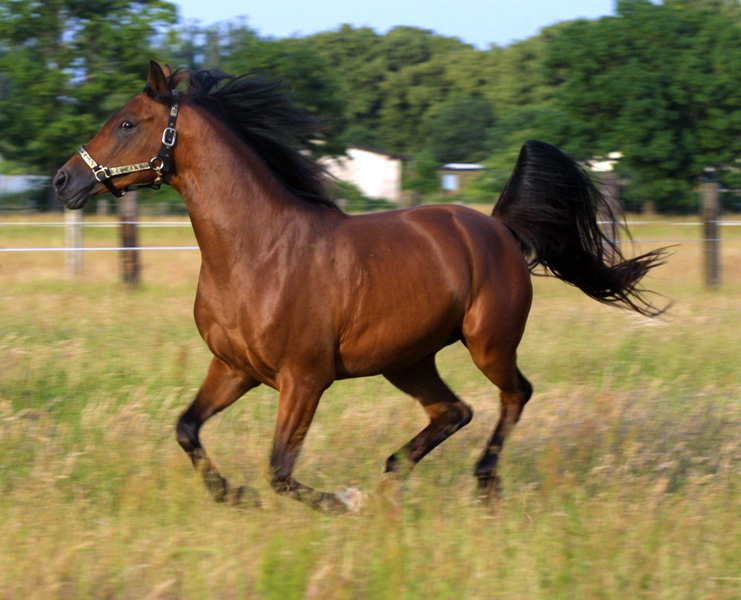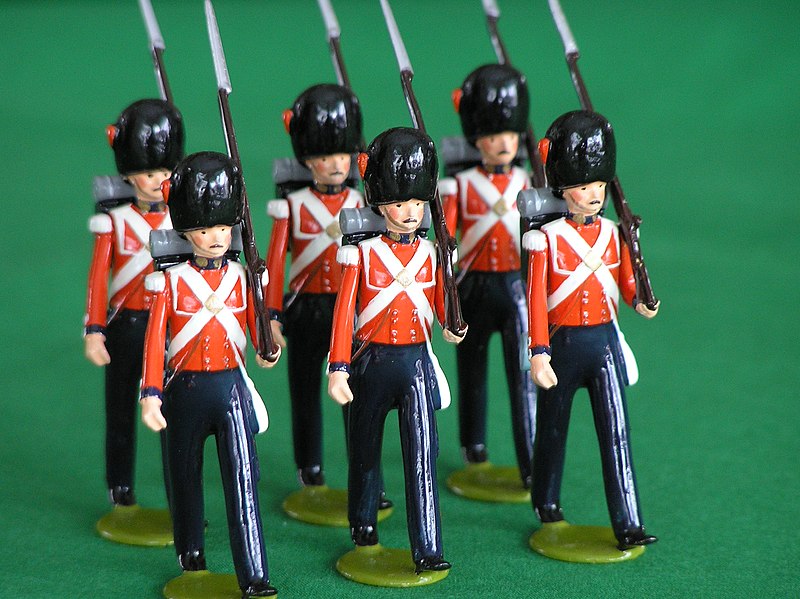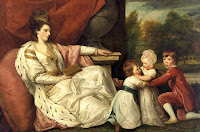Last week Mr Fraser and I grounded our nine-year-old daughter, Miss Fraser, from all her electronic devices–her regular Kindle, her Fire, her DS, her computer, and the TV. She’s taking her electronics fast pretty hard. At one point I reminded her that when I was her age, I didn’t have any electronics except a TV which only got six or seven channels, two of them extremely fuzzy, and yet I entertained myself just fine with books, toys, and paper and pencils/crayons. All of which she has plenty of. “But you were used to it!” she wailed.
She’s adjusting. She’s been digging out toys she got for Christmas or her birthday that she’d barely touched, and she follows me around the kitchen wanting to help, but bored by the simplicity of my typical weeknight cuisine. While I’m just trying to get pasta or breakfast-for-dinner to the table, she’s trying to make it a round of Chopped or Iron Chef. Which might be fun–on a weekend when I have more time.
But it got me thinking what her childhood would’ve been like if she’d been born in 1804 instead of 2004. Setting aside for the moment the fact she’d probably be motherless (since I had complications of late pregnancy and labor and delivery that were no big deal in the 21st century but would’ve been dire back then), her world would look very different. She wouldn’t have My Little Pony figurines, she’d have an actual pony. (Assuming of course that Regency Mr Fraser and I were at least genteel and could afford to keep horses.)

(Yes, yes, I know, that’s a horse, not a pony. But isn’t it pretty? Horsie!)
She wouldn’t be able to read about Katniss Everdeen, Harry Potter, or Firestar the warrior cat, but she might enjoy Charles Perrault’s fairy tales. Or, given that we are Frasers (it’s a pen name, but one chosen from my family tree), she might find The Scottish Chiefs more to her taste than anything else available in 1813.

And while I suppose the Regency versions of me and Mr Fraser would’ve felt obliged to restrain our daughter’s tomboyish tendencies, I’m sure she would’ve angled for toy soldiers instead of dolls.

As much as I love history, the only thing I envy about Regency Miss Fraser’s childhood is the pony.
What about you? What are your favorite toys, or your kids’ favorites? And what would you have played with 200 years ago?





